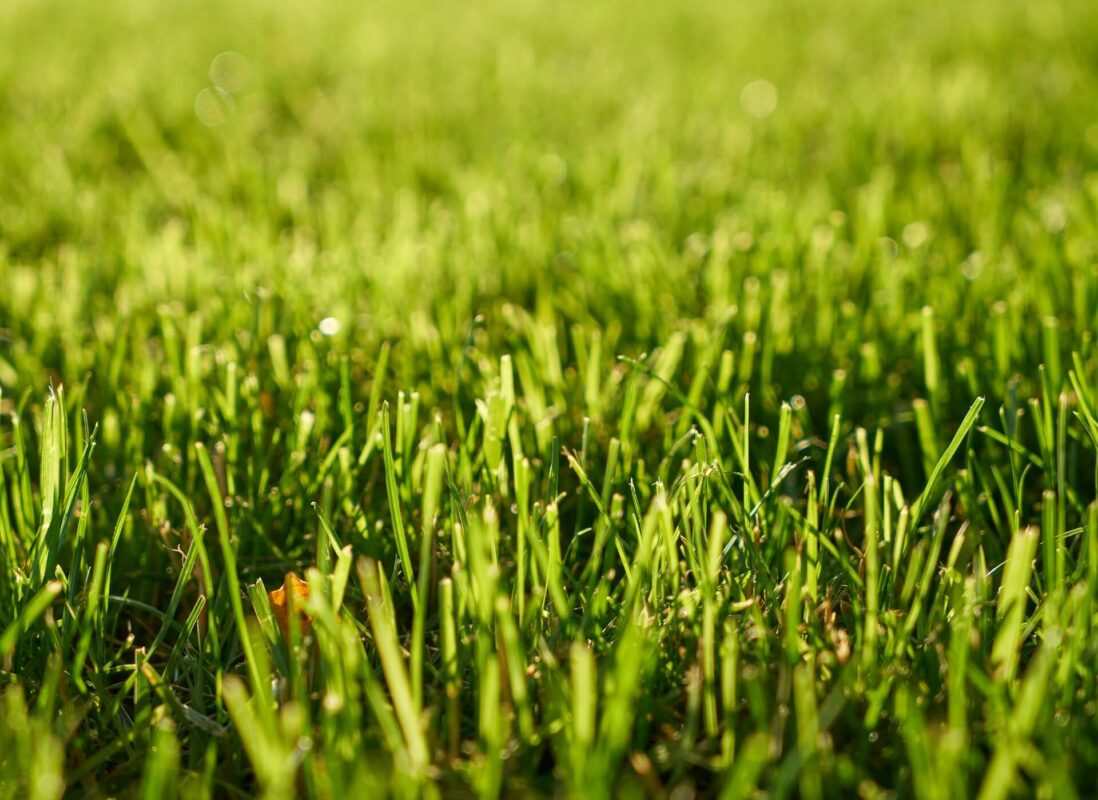Not Found
This is somewhat embarrassing, isn’t it?
It looks like nothing was found at this location. Maybe try a search?
It looks like nothing was found at this location. Maybe try a search?
No account yet?
Create an Account
Enter your ZIP code and we’ll filter our catalog to show only seeds that grow well in your region.
This helps you avoid buying seeds that don’t match your climate.
The planting zone for ZIP code is .
We’ve filtered our catalog to match this zone, so you’ll now see seeds that grow well in that region.
Not the right ZIP? Change it